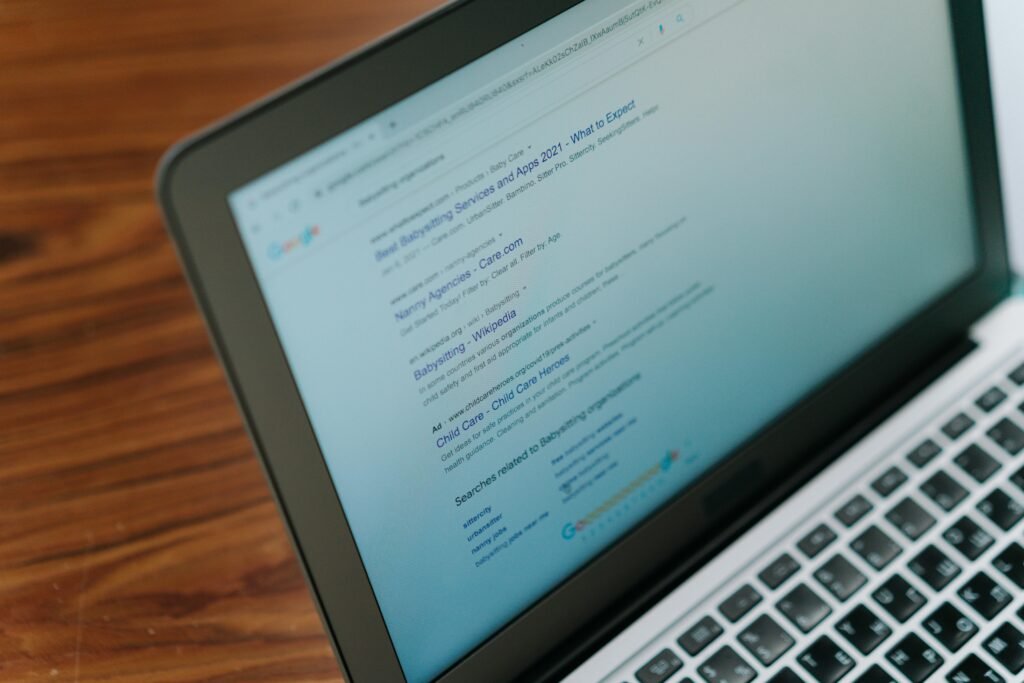
Supercharge Your Business with PPC Advertising
At Topper Digital, we specialize in Pay-Per-Click (PPC) advertising that propels small businesses new heights. Our comprehensive PPC services cover a wide range of ad formats, including text, shopping, and video ads, across popular platforms like Google Ads, Bing, Facebook, and LinkedIn. By leveraging targeted local reach and budget-friendly options, we ensure your business competes effectively with larger competitors, driving instant traffic and measurable results.
Mastering the Art of PPC Campaigns
Our expert team excels in every aspect of PPC management. We conduct thorough keyword research to target the right audience and optimize ad copy to improve click-through rates. We also focus on improving your Quality Score, a crucial metric that determines ad placement and cost efficiency. Through continuous A/B testing and optimization of ad elements, we refine your campaigns for peak performance. Additionally, we implement remarketing strategies to re-engage previous website visitors, increasing your chances of conversion.
Holistic Approach to Digital Marketing
At Topper Digital, we understand that PPC is just one piece of the digital marketing puzzle. That’s why we seamlessly integrate your PPC campaigns with other marketing efforts like SEO and content marketing. Our services extend beyond just running ads – we optimize landing pages to ensure a cohesive user experience and maximize conversions. With transparent reporting and a dedicated support team, we provide you with the insights needed to make informed decisions about your digital marketing strategy. Contact us today for a free PPC consultation and experience the power of expertly managed pay-per-click advertising.
PPC Frequently Asked Questions
The ideal PPC budget for a small business depends on several factors:
– Industry competitiveness
– Target audience size
– Geographic location
– Business goals
As a general guideline, small businesses often start with a monthly budget of $500 to $2,000. However, some may start as low as $200 per month for very niche markets or local campaigns.
It’s important to:
– Start small and gradually increase your budget
– Monitor your return on ad spend (ROAS)
– Adjust your budget based on performance and business goals
– Remember, PPC is scalable, so you can increase your budget as you see positive results and ROI.
The most effective PPC platforms for small businesses typically include:
– Google Ads: Offers the largest reach and is suitable for most industries.
– Bing Ads: Can be less competitive and cheaper than Google Ads.
– Facebook Ads: Excellent for B2C businesses and highly targeted campaigns.
– Instagram Ads: Great for visually-oriented products or services.
– LinkedIn Ads: Ideal for B2B businesses and professional services.
The best platform(s) for your business will depend on your target audience, industry, and marketing goals. It’s often beneficial to start with one platform (usually Google Ads) and expand to others as you gain experience and see results.
To improve PPC click-through rates, small businesses should:
– Write compelling ad copy that highlights unique selling points
– Use ad extensions to provide additional information
– Implement negative keywords to avoid irrelevant clicks
– Create tightly themed ad groups with relevant keywords
– Use dynamic keyword insertion for more personalized ads
– Test different ad variations and headlines
– Ensure landing pages are relevant to the ad content
– Target the right audience with proper demographic and geographic settings
– Use ad scheduling to show ads when your audience is most likely to engage
Regularly review and optimize your campaigns based on performance data to continually improve CTR.
The timeline for seeing results from PPC advertising can vary, but small businesses can typically expect:
Immediate visibility: Ads can appear as soon as your campaign is approved and active.
Initial data: Meaningful data on performance within the first week.
Trend identification: Clear trends in performance after 2-4 weeks.
ROI assessment: A good understanding of ROI after 3-6 months.
Factors affecting this timeline include:
– Industry competitiveness
– Budget size
– Quality of campaign setup
– Seasonal trends
It’s important to allow enough time and budget for testing and optimization. While you may see some quick wins, building a consistently successful PPC campaign often takes several months of refinement.
Small businesses can effectively compete with larger companies in PPC by:
1. Focusing on long-tail keywords: These are often less competitive and more specific to your offerings.
2. Emphasizing local targeting: If you serve a specific area, use location-based keywords and geo-targeting.
3. Highlighting unique selling points: Emphasize what makes your business special in your ad copy.
4. Improving Quality Score: Create relevant, high-quality ads and landing pages to potentially lower costs and improve ad position.
5. Using ad scheduling: Show ads during times when your target audience is most likely to convert.
6. Leveraging ad extensions: Utilize all relevant extensions to make your ads more informative and engaging.
7. Focusing on niche markets: Target specific segments that larger competitors might overlook.
8. Continuously optimizing: Regularly review and refine your campaigns based on performance data.
9. Considering alternative platforms: Look beyond Google Ads to platforms where competition might be less fierce.
By being strategic and nimble, small businesses can create effective PPC campaigns that compete well against larger budgets.
